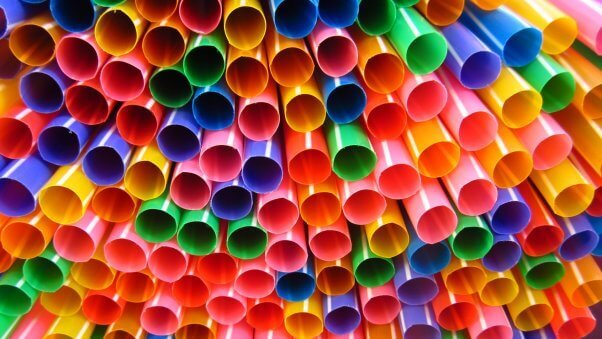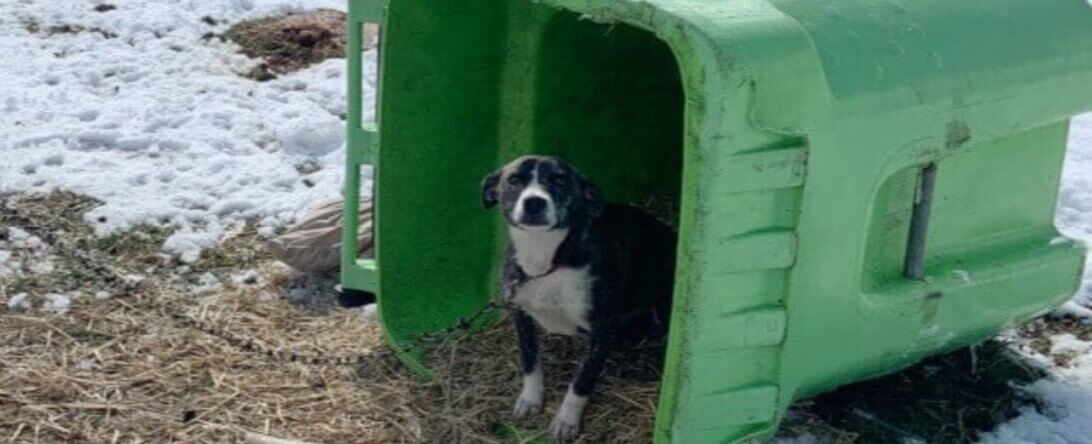This Will Do More to Help Save the Ocean Than Eliminating Plastic Straws
People and businesses everywhere are ditching plastic straws to help the environment, and that’s great. Every tiny step in the right direction helps. But avoiding plastic straws is just that—a tiny step.
As humans, we produce nearly 300 million tons of plastic every single year, and 14 million tons of it is dumped into our oceans annually. Scientists estimate that there are up to 8.3 billion plastic straws littered on coastlines around the globe, but even if every single one of those straws were to fall into the ocean, they’d make up only about 0.03% of the plastic that pollutes our seas. 🤯
So if the majority of plastic pollution isn’t coming from straws, what’s causing it?
One report named abandoned fishing gear “the most harmful form of marine debris for animals.” This abandoned equipment—also known as “ghost gear”—mutilates and kills millions of sea animals every year. So if we want to make a big difference, we need to stop catching and eating fish.
Fishing nets are responsible for the deaths of more than 8 billion pounds of fish and shellfish intended for food annually. And they’re also to blame for the deaths of millions of “nontarget” marine mammals, who the industry calls “bycatch.” The fishing industry has completely decimated ocean ecosystems. Ninety percent of large-fish populations have been destroyed as a result of fishing. Plus, longline fishing causes thousands of turtles and birds to drown every year because they become entangled in the lines.
Here’s the bottom line: When we say that refusing to drink through plastic straws is a tiny step, we’re not being negative or sassy—we’re being realistic. Sure, we can all help reduce plastic pollution by making simple adjustments, such as using reusable shopping bags, avoiding plastic straws, and always throwing garbage away in designated areas. But if we really want to help save marine animals and prevent further suffering, we need to refuse to support the fishing industry, which is horrifically cruel to animals and hazardous to the environment.
That’s a lot to chew on, so I won’t go into detail about the severe health concerns involved with eating fish now, but you can check them out here. Not only will cutting fish out of your diet have a huge positive impact on the environment, it will also help save some of the billions of sea animals killed for food each year and benefit your health.
So the next time you pass on using a plastic straw for your drink when you sit down for a meal, be sure to leave fish (and all other animals) off your plate, too!
Text peta2 to 30933 for ways to help animals, tips on compassionate living, and more!

Terms for automated texts/calls from peta2: http://peta.vg/txt. Text STOP to end, HELP for more info. Msg/data rates may apply. U.S. only.





